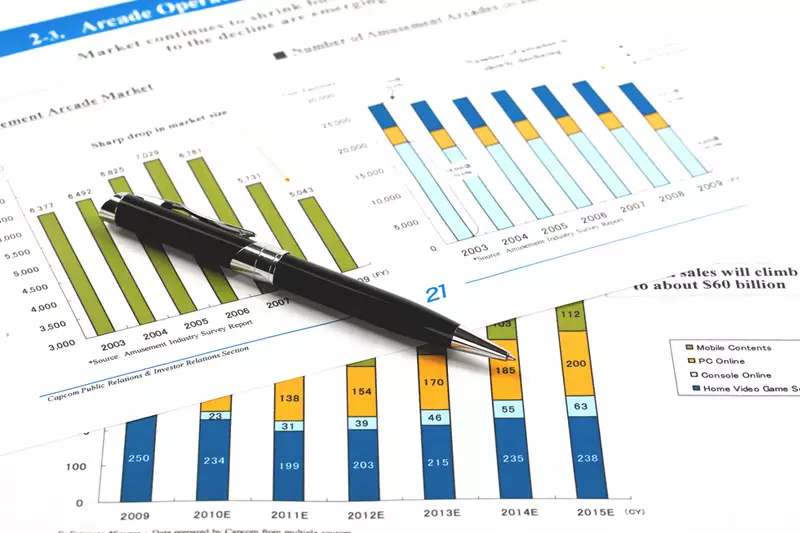The recent Reuters poll revealed an unexpected split among economists regarding the potential size of the interest rate reduction in Brazil on May 8. The central bank’s previous actions of six consecutive 50 basis points rate cuts had set a clear path of easing, but the lack of forward guidance and a more hawkish stance adopted by Banco Central do Brasil has created uncertainty in the market. While 22 economists believe that the rate setting committee will opt for a 25 basis points reduction to 10.50%, 17 others are in favor of a 50 basis points move to 10.25%. This differing opinion among experts reflects the challenges faced by policymakers in balancing international and local factors influencing the decision-making process.
The shift in the U.S. Federal Reserve’s policy stance has added pressure on the Banco Central do Brasil to carefully consider its easing cycle. With the recent change in the Fed’s outlook to a single rate cut in December, Brazilian policymakers are facing additional complexities in determining the appropriate course of action. This uncertainty stems from the evolving views on global economic conditions and the potential implications for Brazil’s monetary policy. The need to strike a balance between international and local factors has become more pronounced as the country grapples with inflation concerns and fiscal risks.
Analysts had initially anticipated uniform half-percentage point reductions in interest rates since the beginning of the easing cycle. However, the scenario changed following remarks by BCB chief Roberto Campos Neto hinting at the possibility of smaller cuts. This shift in messaging has led to a divergence in expectations within the market, with some experts advocating for a more cautious approach to monetary policy. As a result, median estimates for the end of 2024 and 2025 have been adjusted upwards, reflecting growing concerns about fiscal deterioration and the wider economic impact.
Future Projections and Risk Assessment
Looking ahead, economists foresee a 25 basis points rate reduction in June, with only one respondent predicting a 50 basis points cut. Despite the prevailing uncertainty, the consensus suggests a gradual easing of monetary policy in the coming months, with a focus on mitigating risks and maintaining stability. The heightened volatility in local currency markets following the depreciation of Brazil’s real poses a potential threat, but analysts believe that as long as these fluctuations do not translate into higher inflation, there is no immediate need for a shift in the central bank’s approach. The delicate balance between external and domestic factors will continue to shape Brazil’s monetary policy decisions in the foreseeable future.
The unprecedented split among economists on Brazil’s interest rate reduction highlights the complexities faced by policymakers in navigating a challenging economic environment. The evolving global landscape, changing U.S. monetary policy, and internal inflation concerns have created a scenario where divergent views and cautious approaches characterize the decision-making process. As Brazil seeks to strike a delicate balance between external pressures and internal challenges, the path forward remains uncertain yet critical for the country’s economic stability and growth.


Leave a Reply